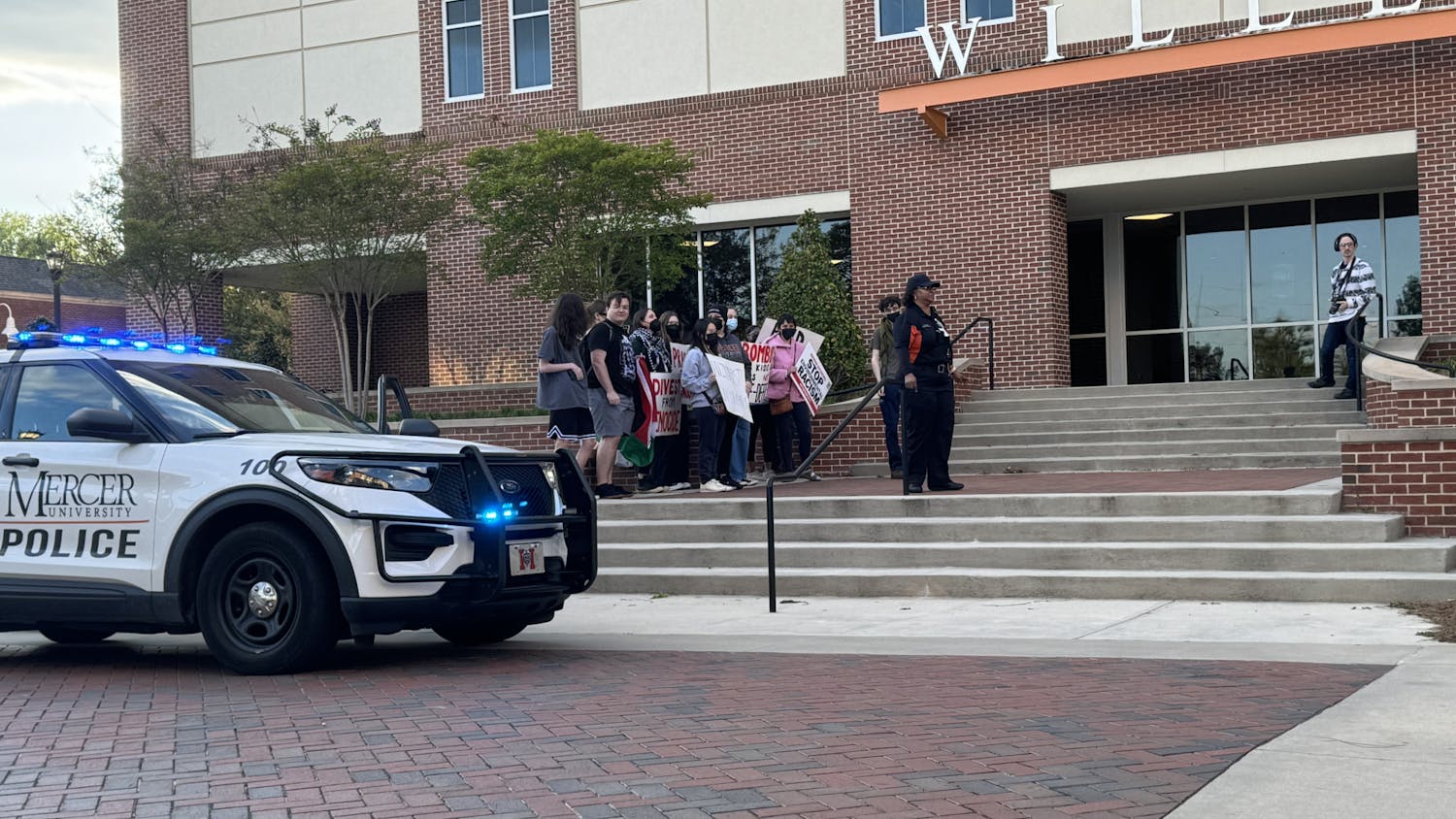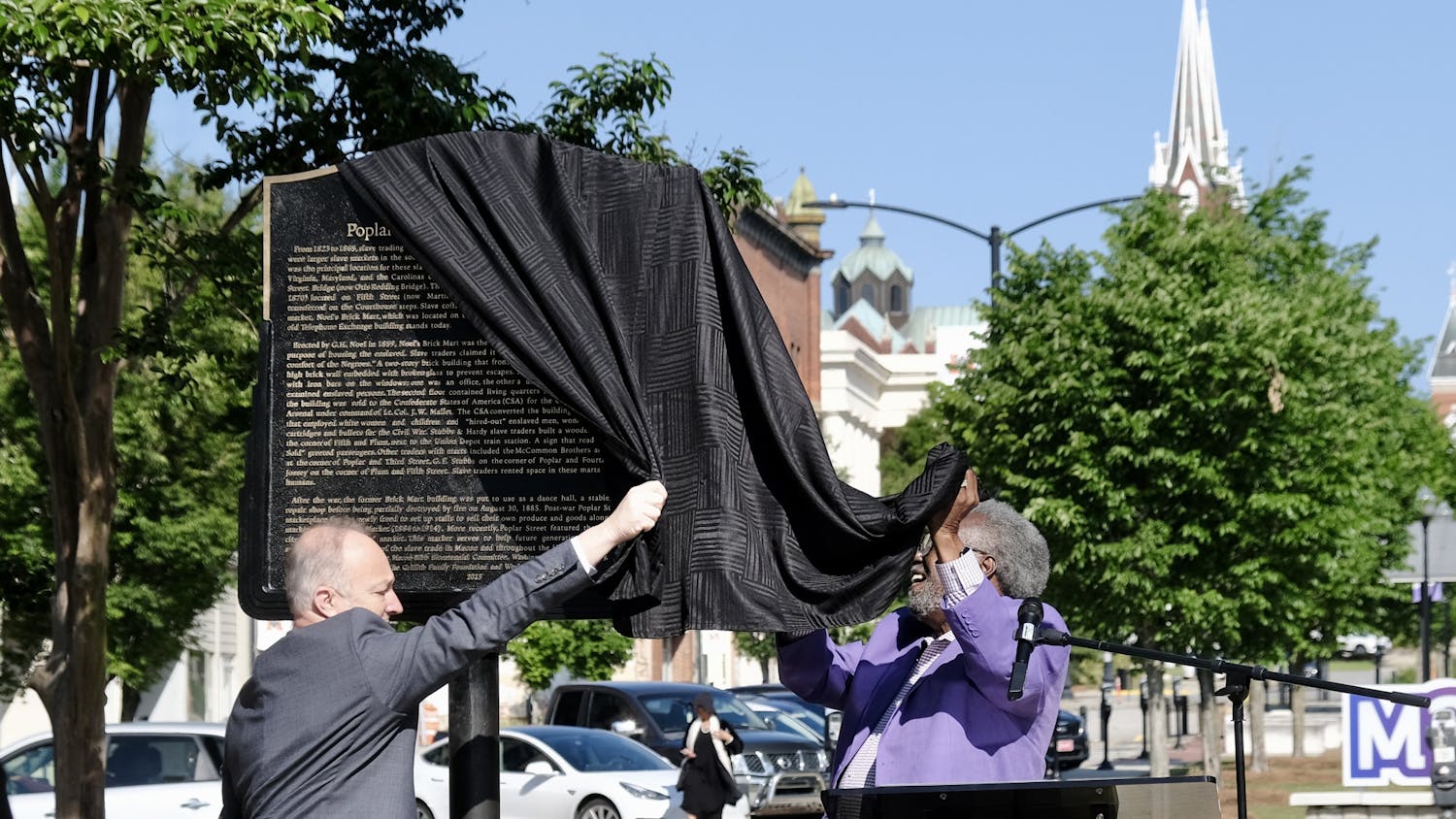Teri Reed was only supposed to be on the computer for 15 minutes that Friday. As a principal at Jefferson County Traditional Middle School, she was hosting a video conference on Google Meets with her staff. Her granddaughter sat beside her.
“Get out! I need help,” the girl said.
She was supposed to meet with her teacher then.
Reed grabbed a sticky note, writing “I can’t get out. I’m in front of 50 people.”
The girl started writing her own notes to her grandmother, saying that she needed the computer. Reed kept sending notes back, saying that she could not end the call.
It lasted an hour, and put her granddaughter behind. She missed her meeting.
Schools all over the country, including Reed’s, have moved to digital teaching methods due to the COVID-19 pandemic.
Jefferson County Public Schools started distance learning on April 7, and students and teachers have had to adapt to the situation.
Reed said that she was used to “brick and mortar, seats and chairs and the teacher in front.”
“In the beginning it was very challenging because there was so much unknown,” Reed said.
Reed’s grandchildren went to Warner Robins Middle School in Warner Robins, Georgia. When their school’s classes moved online, they moved to Louisville to live with their grandmother.
“When my grandchildren arrived, then I felt what parents are feeling, and I felt what teachers with children are feeling,” Reed said.
There are seven people in Reed’s household: her husband, her adult son, her college-aged daughter, her two granddaughters and her 2-year-old grandson.
“In our house alone, we have about one, two, three, four, five different devices that the kids can use,” Reed said. “I cannot imagine what parents are doing when they only have one or two devices and multiple children.”
JCPS sent qualifying families a Google Chromebook, according to The Courier-Journal.
Still, Reed said that she believes that conflicting schedules could make distance learning hard.
“Everybody's hours are the same,” Reed said. “And so it is truly a balancing act.”
Reed also has to spend a lot of her time helping her youngest granddaughter with her schoolwork, sitting down next to the girl and working through each problem with her.
“If I'm helping her and then I can't focus on what I need to do for JCTMS,” Reed said.
While Reed’s oldest granddaughter is “able to do a lot on her own,” Reed said that the youngest has more difficulties with the school work.
“They're assigning a lot of work. And I've seen my granddaughter get very frustrated,” Reed said.
In JCPS, teachers are not supposed to assign more than two and a half hours per class per week.
“Even with that number, it can be overwhelming to kids if your kid is struggling,” Reed said.
Since Reed’s granddaughter is not in JCPS, the rules are not the same. Reed said that in one of her classes, the girl had 10 assignments and two quizzes in one week.
When Reed leaves her granddaughter to work on her own, Reed said that the girl often does not get the grade she hoped for and becomes disappointed in herself.
“I have to also remind her, you did the best you could,” Reed said. “Let's just move on and let it go.”
Reed is not worried about her students falling behind in their education.
“We're going to have to do some review. We're going to have to, there's no ifs, ands or buts about it. You're going to have to review some learning and that's okay.” Reed said. “That is what I want people to know, that their kids are going to be okay.”
Principal deals with both sides of distance learning

Teri Reed sits at her desk in Jefferson County Traditional Middle School, March 12, 2019. She opened her school’s computer lab for her students during the teacher sick-outs that took place that year.




